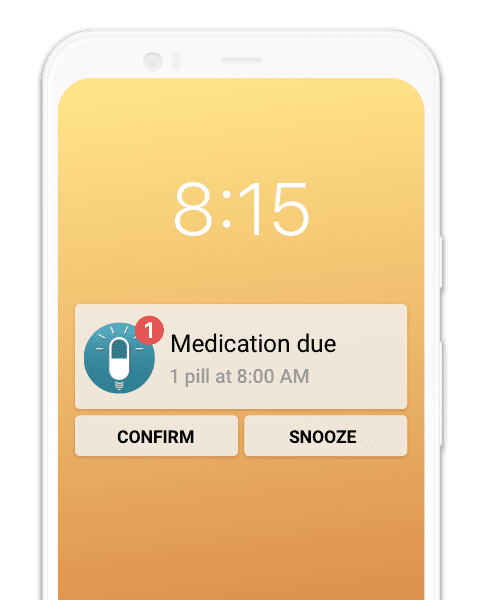On this day, individuals attempt to increase awareness of Alzheimer’s disease as well as the symptoms. The disease is among the most prevalent forms of dementia; a disorder that interrupts usual mental function. By using this day to increase awareness of Alzheimer’s, it allows individuals around the world, as a collective, to find new ways to combat the effects of the disease.
What is Alzehimer’s?
- Alzheimer’s is the most common dementia
- The disease is a progressive disease meaning it begins with mild memory loss which can possibly then lead of the loss of the ability to speak and respond to the environment
- Alzheimer’s disease affects parts of the brian that control thoughts, memories and language
- Alzheimer’s symptoms typically appear in the mid-60's. Younger cases (under 60’s) is very rare
- Symptoms include memory loss, language problems e.g. unable to form sentences and unpredictable behaviour
- It is estimated that more than 6 million American have Alzheimer’s with this figure increasing each year
Debunking some myths about Alzheimer's
Myth 1: If I forget something, I have Alzheimer's disease.
It is natural for people to forget things from time to time. This does not mean you have dementia. However, if your memory loss is severe enough to affect your daily abilities and diminish your quality of life, contact your doctor as soon as possible. In addition, memory loss is not the only sign of the disease. Difficulty performing familiar tasks or expressing yourself, unexplained changes in mood and behavior, and loss of reference to time and place are symptoms associated with the disease.
Myth 2: Memory loss is normal over the years.
From the age of 20 onward, it is to be expected that memory capacity will decline. But, in general, cognitive functioning remains more or less stable over time. It is not normal to have trouble remembering basic things like how to make coffee or where you live. Watching for these signs of dementia can help you distinguish between normal memory loss and warning signs that you should consult a physician.
Myth 3: Only older people get Alzheimer's disease.
The risk of dementia increases significantly with age. People over the age of 65 are most prone to dementia, but dementia and Alzheimer's can also occur in people who have not yet reached retirement age. Dementia praecox usually affects people in their 40s and 50s.
Myth 4: Dementia is preventable
There is no effective treatment to prevent dementia, but there is growing evidence that leading a healthy lifestyle can reduce the risk of Alzheimer's disease. These choices include: staying physically active, being socially active, challenging your brain, eating healthy, making conscious and safe choices, and managing stress.
Myth 5: Alzheimer's disease is not fatal.
Alzheimer's disease destroys brain cells and causes memory changes, faulty behaviors and loss of function. It slowly robs a person of the ability to relate to others and perform everyday tasks. As a result, the disease is unfortunately fatal.
Myth 6: There are treatments to cure Alzheimer's disease.
Current drugs do not cure Alzheimer's, but one treatment, Aduhelm™, aims to alter the progression of the disease. It is the first therapy to show that amyloid removal can reduce cognitive and functional decline in people with early-stage Alzheimer's disease. Other drugs can help alleviate symptoms, such as memory loss and confusion, for a limited time. Early diagnosis of Alzheimer's disease offers a better chance of receiving appropriate treatment.
Latest scientific advances in Alzheimer's disease
In recent years, treatments have focused on slowing the progression of the disease and alleviating the accompanying symptoms. The disease is gaining ground due to the aging of the population and is the third leading cause of death after cancer and heart disease.
Here are the latest scientific advances on Alzheimer's disease to coincide with World Alzheimer's Day.
To date, there is no treatment that can cure Alzheimer's disease, but in recent years there have been several advances in research. Most of this research was slowed down during 2020 due to the global Covid-19 pandemic.
The field in which the most progress has been made is in the early arrest of this disease. A study published in 2019 claims that the disease can be detected in its early stage through the retina of patients. These changes in the retina can also occur in relatives of the person with the disease who are at high genetic risk for the disease as well.
Another of the latest studies published deals with the mechanisms that lead to the development of Alzheimer's disease in people with Down syndrome. The study points out that the types and timing of the changes in this disease are the same in people with Down syndrome and in the general population, but that the cognitive, biochemical and imaging biomarkers extend over a longer period of time in people with Down syndrome, and may extend for more than 20 years.



